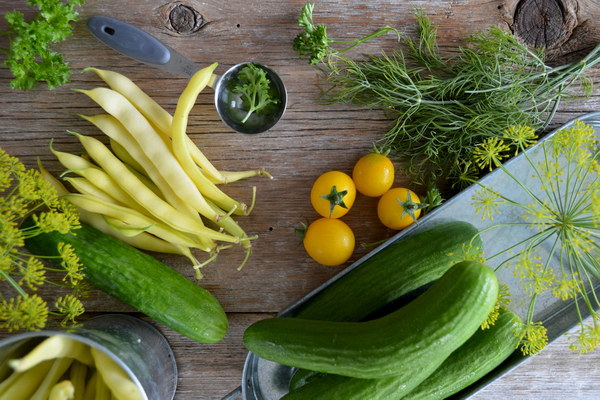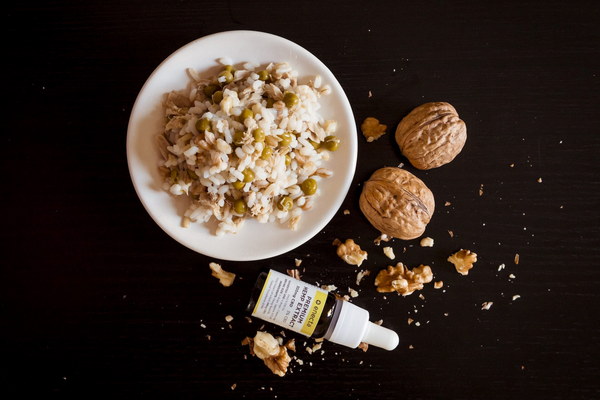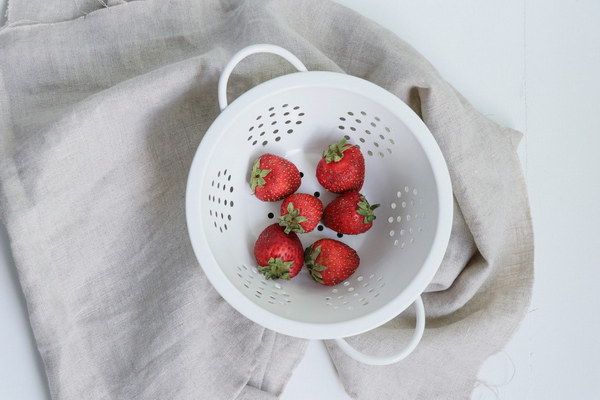Battling Dampness Can We Simply Dry Up the Wetness
In the pursuit of health and wellness, many turn to traditional remedies and natural cures for a myriad of ailments. One common issue that plagues many is dampness, or dampness syndrome in Chinese medicine. Dampness is characterized by symptoms such as fatigue, bloating, and a lack of appetite. It's often treated by herbal remedies that aim to dry up the dampness. But can we simply dry up the dampness, or is it necessary to address other factors that contribute to this condition?
The concept of dampness in Chinese medicine is complex, and it's important to understand that dampness isn't a standalone issue. It's often a symptom of an underlying imbalance in the body. This means that simply addressing the dampness itself may not be enough to achieve lasting relief.
First, let's explore the sources of dampness. Dampness can arise from external factors, such as living in a humid environment, eating dampening foods, or being exposed to dampness. Additionally, dampness can stem from internal factors, like a weakened spleen or kidney, which are responsible for transforming and transporting the body's fluids.
When dampness invades the body, it can obstruct the flow of Qi (vital energy) and fluids, leading to various health issues. While herbal remedies can help dry up the dampness, they may not be effective if the root cause isn't addressed.
Here are some reasons why we can't simply dry up the dampness:
1. Underlying Imbalances: As mentioned earlier, dampness is often a symptom of an underlying imbalance. If the imbalance isn't corrected, the dampness will likely return. For example, if your spleen is weak, it may not be able to effectively transform and transport fluids, leading to dampness.
2. Dietary Factors: Eating dampening foods, such as cold, raw, and sugary foods, can exacerbate dampness. While drying up the dampness may provide temporary relief, it's important to modify your diet to reduce dampness in the long run.

3. Lifestyle Choices: Living in a humid environment or being exposed to dampness can contribute to dampness. While herbal remedies can help dry up the dampness, it's important to take steps to minimize your exposure to damp conditions.
4. Physical Exercise: Regular physical exercise is crucial for maintaining a healthy Qi flow and preventing dampness. While exercise can help alleviate dampness, it's not a substitute for addressing the root cause of the imbalance.
5. Emotional Well-being: Stress and emotional disturbances can weaken the spleen and kidneys, leading to dampness. While herbal remedies can help dry up the dampness, addressing your emotional well-being is essential for long-term relief.
To effectively address dampness, it's important to take a holistic approach that includes the following:
1. Herbal Remedies: Consult with a qualified practitioner to determine the best herbal formula for your specific needs.
2. Dietary Modifications: Avoid dampening foods and incorporate warming, drying foods into your diet, such as ginger, cinnamon, and garlic.
3. Lifestyle Changes: Minimize your exposure to damp conditions and maintain a warm, dry living environment.
4. Physical Exercise: Regular exercise can help maintain a healthy Qi flow and prevent dampness.
5. Emotional Well-being: Practice stress-reduction techniques, such as meditation, yoga, or mindfulness, to support your emotional well-being.
In conclusion, while drying up dampness is a valid approach to treating dampness syndrome, it's crucial to address the root cause of the imbalance. By taking a holistic approach that includes herbal remedies, dietary modifications, lifestyle changes, physical exercise, and emotional well-being, you can achieve lasting relief from dampness and improve your overall health.









